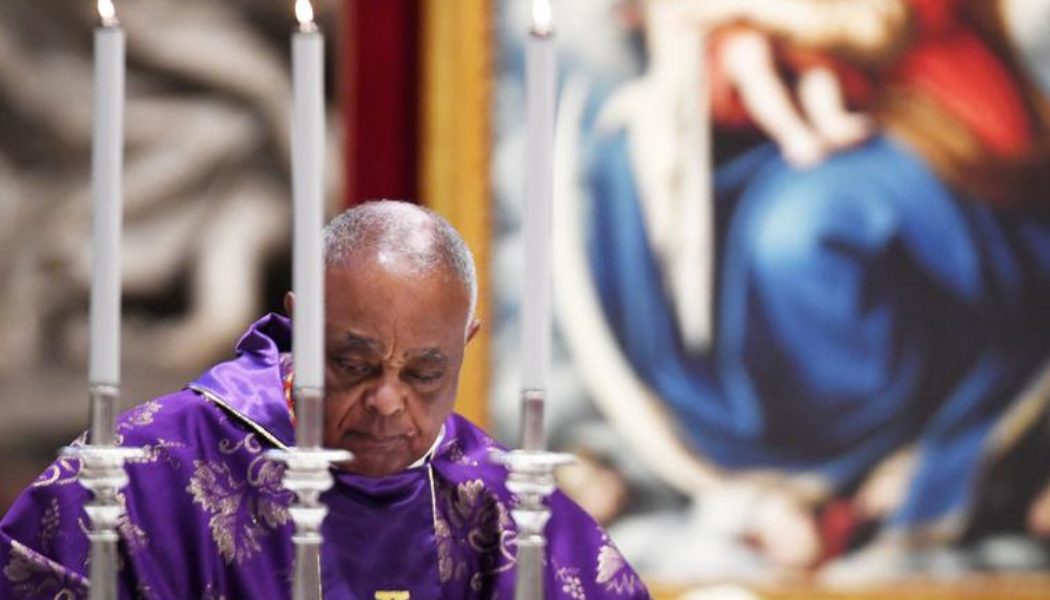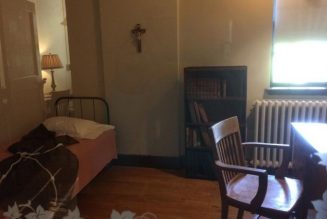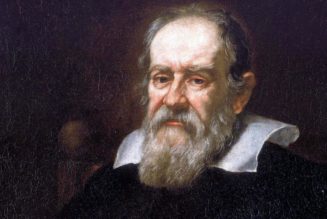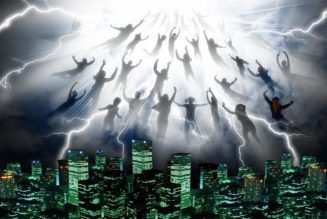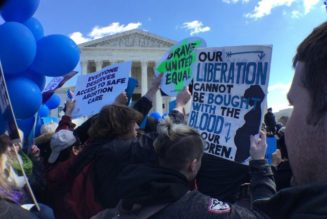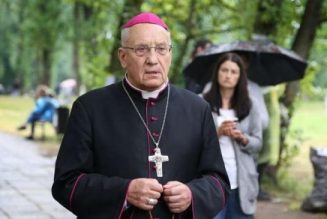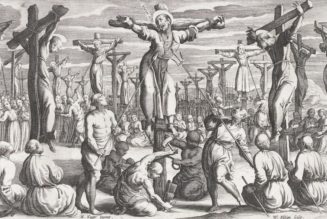
COMMENTARY: Many will weigh how the Pope’s man in Washington handles the divisions related to the ‘Traditionis Custodes’ and the extraordinary form while pro-abortion Catholic politicians readily receive Holy Communion in the same archdiocese.
Being a bishop is not easy. Being the Pope’s man in Washington, D.C., is more difficult still. And the recent liturgical changes have added to the challenges.
Just ask Cardinal Wilton Gregory, who in June took the lead in attempting to delay the U.S. bishops’ discussion of a document on the Holy Eucharist, especially in regard to the extreme pro-abortion policies of some Catholic politicians. But if one such, the president of Argentina, receives Holy Communion at the Vatican, some would expect the Pope’s man in Washington has to see to it that President Joe Biden does so in D.C.
Cardinal Gregory’s job was made more difficult with the promulgation of Traditionis Custodes, the motu proprio of Pope Francis that gives local bishops the authority and encouragement to restrict celebration of the “extraordinary form” (EF) of the Roman Rite, often called the “traditional Latin Mass.”
A solemn pontifical Mass of the extraordinary form was scheduled for the Basilica of the National Shrine of the Immaculate Conception in Washington Aug. 14, the vigil of the Assumption. The celebrant was to have been Archbishop Thomas Gullickson, a retired papal nuncio. Reports are that it has been canceled because Cardinal Gregory did not give permission for it to proceed.
Such is the world in which the local bishop has “exclusive competence” to regulate who, where and when the extraordinary form is offered. There is nothing at all unusual — to the contrary, it is long-standing Catholic tradition — about the bishop regulating the liturgy in his diocese. It is his most important job. Yet Traditionis Custodes makes this task of regulation very specific in relation to the extraordinary form of the Mass. No public celebration of the older form of the Mass can take place anywhere at any time without the explicit permission of the local bishop, either on an ongoing or ad hoc basis.
It is a significant burden. That is why Cardinal Gregory himself announced almost immediately upon publication of Traditionis Custodes that all permissions for the celebration of the extraordinary form in Washington were extended until he had time to study it and prepare for its implementation. It was impossible to do anything else without creating immediate chaos in a diocese where the traditional Latin Mass has a regular presence.
Yet the proposed Aug. 14 Mass makes it clear that there will be ongoing and immediate decisions for Cardinal Gregory to make.
An elderly priest celebrating his 60th anniversary wants to return to his home parish and offer Mass in the extraordinary form he was ordained in? Cardinal Gregory must give his approval.
A young married couple who met at an EF parish community want to get married by the bride’s priest uncle in that same EF community? Cardinal Gregory must give permission.
A visiting bishop wants to offer the traditional Latin Mass at a convent of sisters whose daily liturgy is open to the public? Cardinal Gregory must give permission.
The spirit of Traditionis Custodes, which holds that the EF is a threat to the unity of the Church, is clear that these permissions are to be given sparingly, not generously. The apparent decision by Cardinal Gregory regarding the Aug. 14 Mass is thus very much in line with what Pope Francis intends local bishops to do. And the Pope’s man in Washington really is bound to take it.
Sources in Rome confirm that high-profile extraordinary form Masses, celebrated by senior prelates — especially those considered critical of Pope Francis — was a particular source of aggravation for those who considered the severe measures of Traditionis Custodes necessary. If Cardinal Gregory consulted with either the apostolic nuncio in Washington, or directly with Rome, it is quite likely that he would have been told that the permission sought by Archbishop Gullickson is exactly the kind of request that should be denied.
Consider, though, what burden that puts upon Cardinal Gregory. He is duty bound, by the legislation Traditionis Custodes and his status as the Pope’s man in Washington, to continually receive and refuse permissions regarding the EF. Every time he does that, or in any other way limits the older form — by denying all his newly ordained priests permission to say it, for example, as Traditionis Custodes clearly intends — he comes across as a liturgical enforcer, a role that most U.S. bishops have long since sought to avoid.
Every time he takes up the hammer to enforce Traditionis Custodes, his faithful will ask whether the hammer is similarly coming down on the liturgical abuses in the “ordinary form” that Pope Francis also condemns in Traditionis Custodes.
Cardinal Gregory may well prefer not to take up the hammer at all, whether against Archbishop Gullickson at the national shrine or, for example, the Jesuits in Georgetown, where President Biden goes to Sunday Mass. Yet if the Pope’s man must do the former, he may feel compelled in justice to the latter. If he doesn’t, the very spirit of division that Pope Francis laments will increase in Washington, as it would seem that the flock is divided into the more favored and less favored.
As Cardinal Gregory takes time to figure out how to manage all this, many other bishops will be watching to see how the Pope’s man in Washington handles it. And, one expects, so, too, will Pope Francis himself.
Join Our Telegram Group : Salvation & Prosperity
